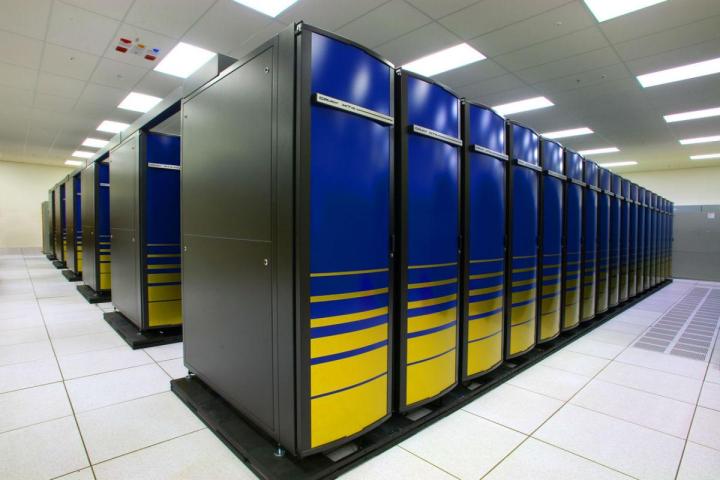
According to the BBC, British authorities have just given their blessing to fund the development of a £97 million weather-predicting supercomputer. That equates to just over $155 million, in case you’re wondering. But don’t go alerting the anti-fraud European organizations just yet. That sounds like a lot of dough, but it could be money well spent.
Built by Seattle-based Cray Inc, the British meteorological tool should be operational by next September. Met Office chief executive Rob Varley says that the new computer will allow officials to “add more precision, more detail, more accuracy to our forecasts on all time scales for tomorrow, for the next day, next week, next month and even the next century.”
That’s maybe taking it a little too far, although clearly, the uber-machine will revolutionize how the island nation handles and predicts extreme weather. Thanks to the far more precise forecasts, emergency services will be alerted earlier of imminent floods, and other harsh events.
Airport authorities will better be able to anticipate and prepare for heavy rain, snow, fog, and wind. Road and rail administrations could take improved precautionary methods for slippery, and icy conditions.
24-hour temperatures should be calculated with up to 90 percent accuracy once the Cray XC40 is ready for action. Also, clearer predictions will be offered for six days starting next fall, instead of the current four. Finally, data analysis will be done every hour, not just four times a day, as is the case in the present.
The supercomputer will weigh more than 140 tons, and perform over 16,000,000,000,000,000 calculations a second. No, that last number is not a typo.
Also referred to as 16 petaflops, this mind-blowing processing power makes the UK’s upcoming supercomputer obscenely powerful.
However, incredibly enough, 16 petaflops is roughly half of the power that the Tianhe-2 boasts. The Chinese supercomputer is used for simulation, analysis, and various government security applications.
Want to bet that people will still be caught off guard by “sudden” downpours, and continue to complain of shifty, unpredictable weather conditions? That’s just plain old human nature, and no supercomputer can change that.
At least, not yet.


